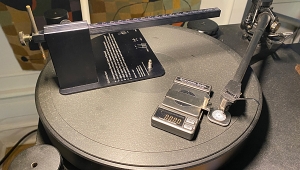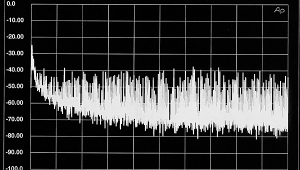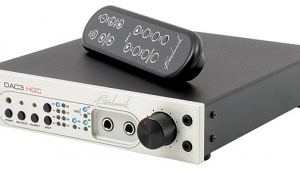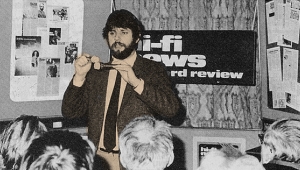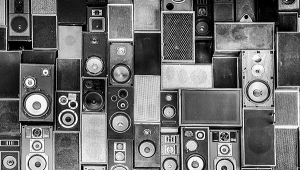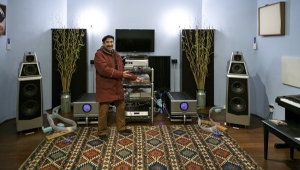| Columns Retired Columns & Blogs |
Markus Saur's article lists several effects that I have noticed myself.
1. Increased accuracy, lower distortion, and increased speed do not assure increased enjoyment of music for many listeners. Hearing things never heard before in the music is considered a sign of superior audio equipment performance [I agree with that myself], but the new things may be distractions to some listeners. My teenage son, who is a musician as well as a brilliant computer and science student, prefers the sound of his game grade headphones to my high end audiophile headphones. It is the sound he expects and it masks the limitations of the rest of the sound system he is using. I am reminded of people who prefer McDonald's to gourmet food. [my son is not one of those, he is a gourmet cook himself].
2. The sound of one Watt class triode amplifiers is preferred by some. I wonder if the electron cloud saturation of these amplifiers compresses the dynamic range so that quiet components in the music are more prominent without turning the peak sound level up to the threshold of pain.
3. I happen to prefer highly accurate playback. It enhances my enjoyment. For example, the distortions caused by wear and mis-tracking on vinyl discs irritates me. I prefer high quality digital sources. I also prefer amplifiers that have power in reserve. So I may be in a minority camp, but in that camp accuracy is in, distortion and compression are out. I can hear the forest AND the trees simultaneously, and am displeased with equipment that falls short of giving me both.


